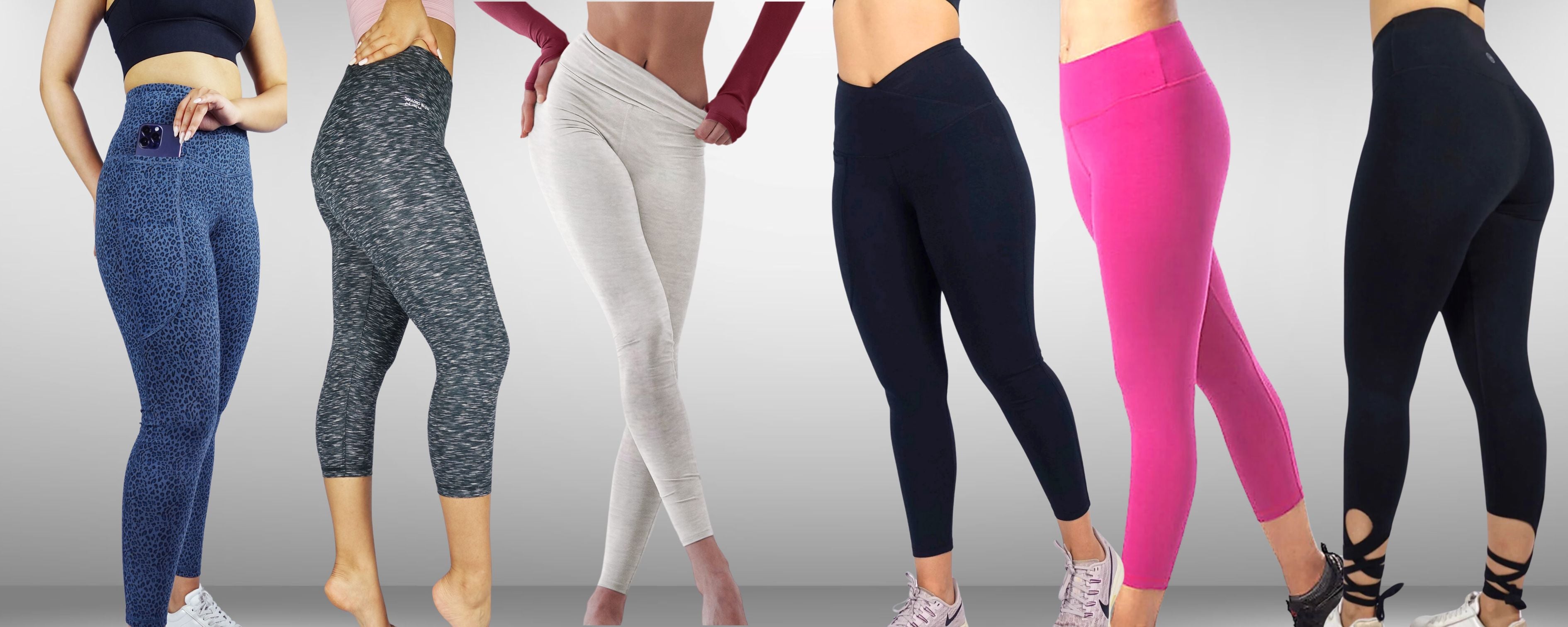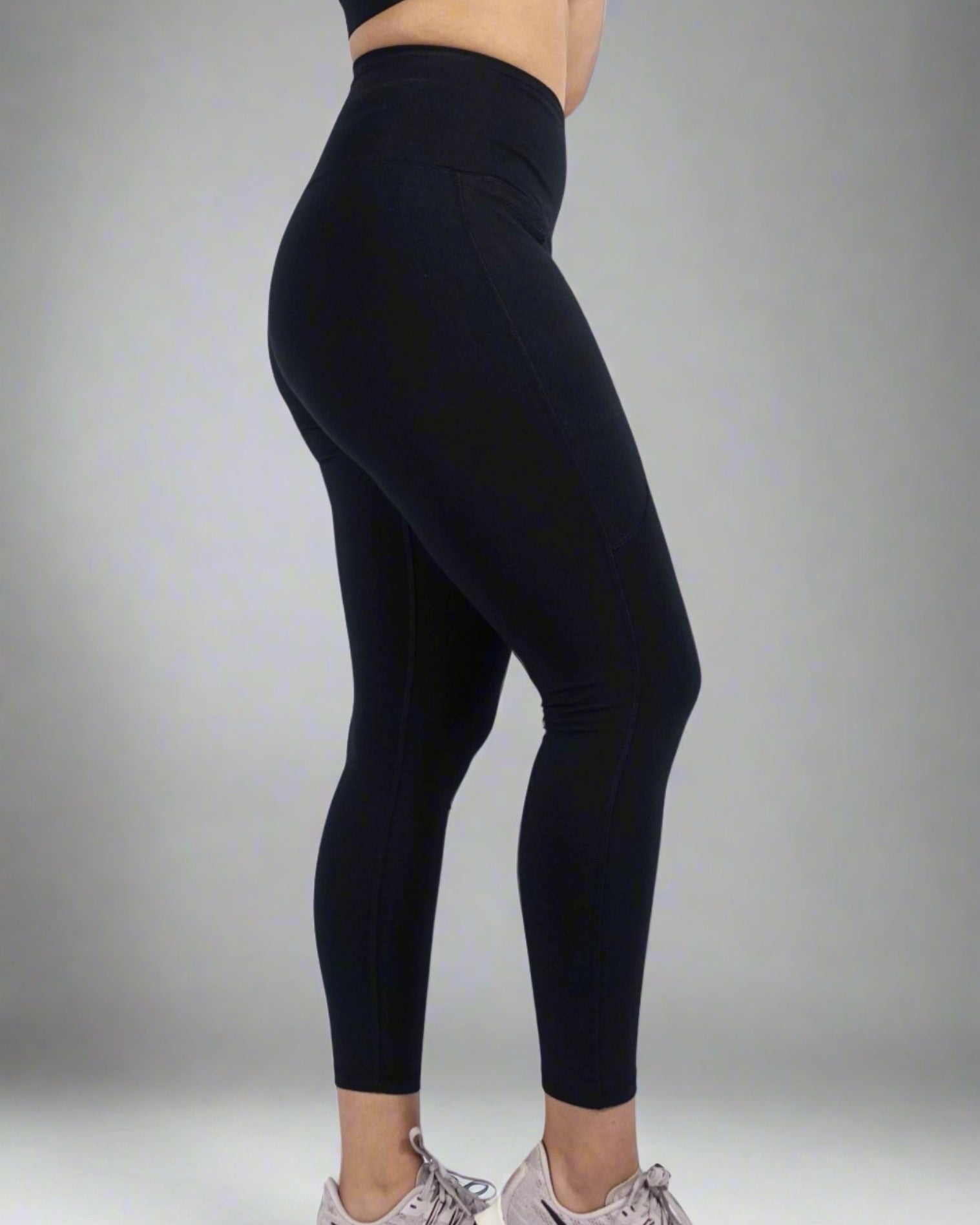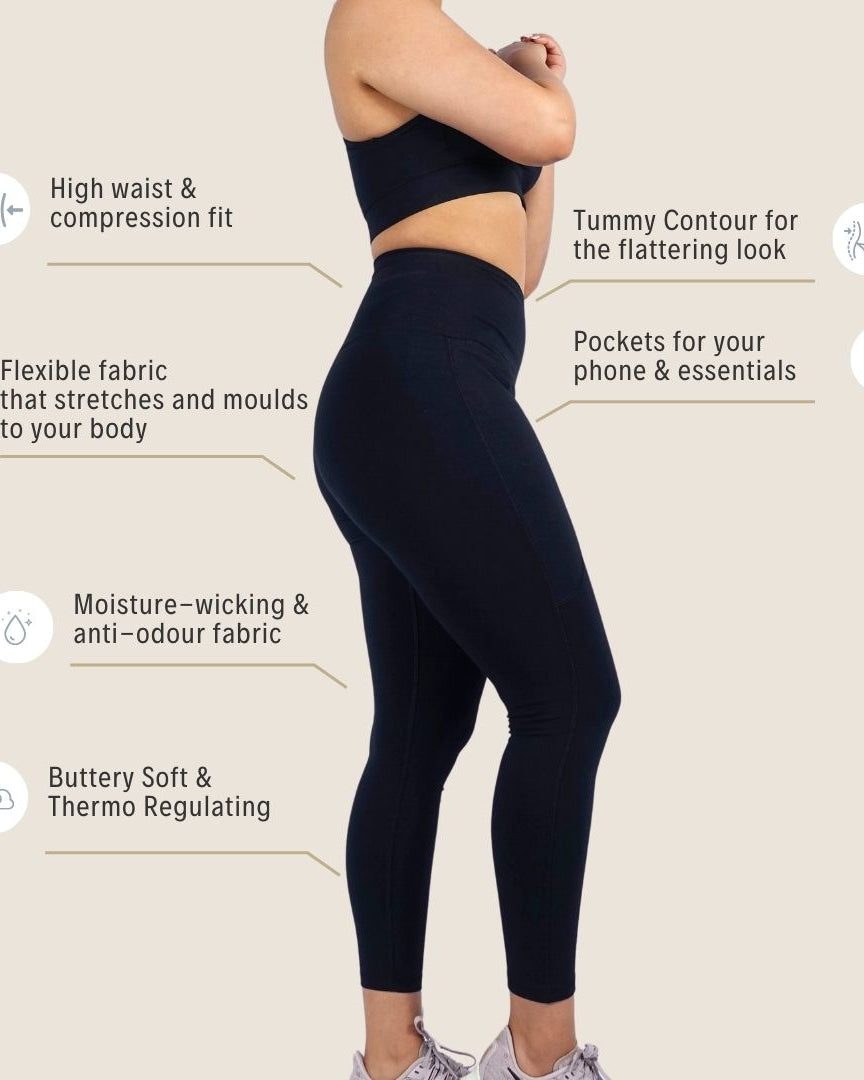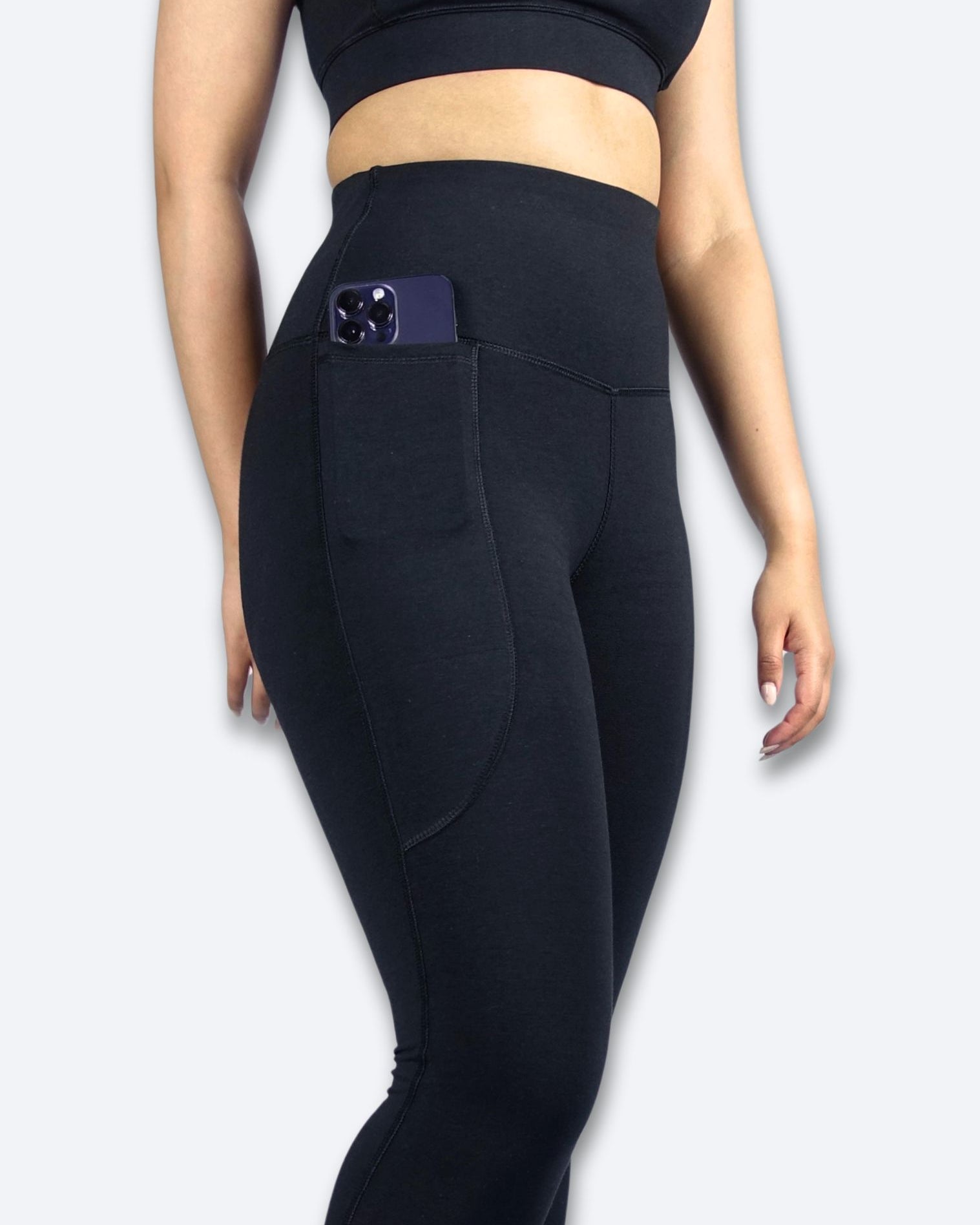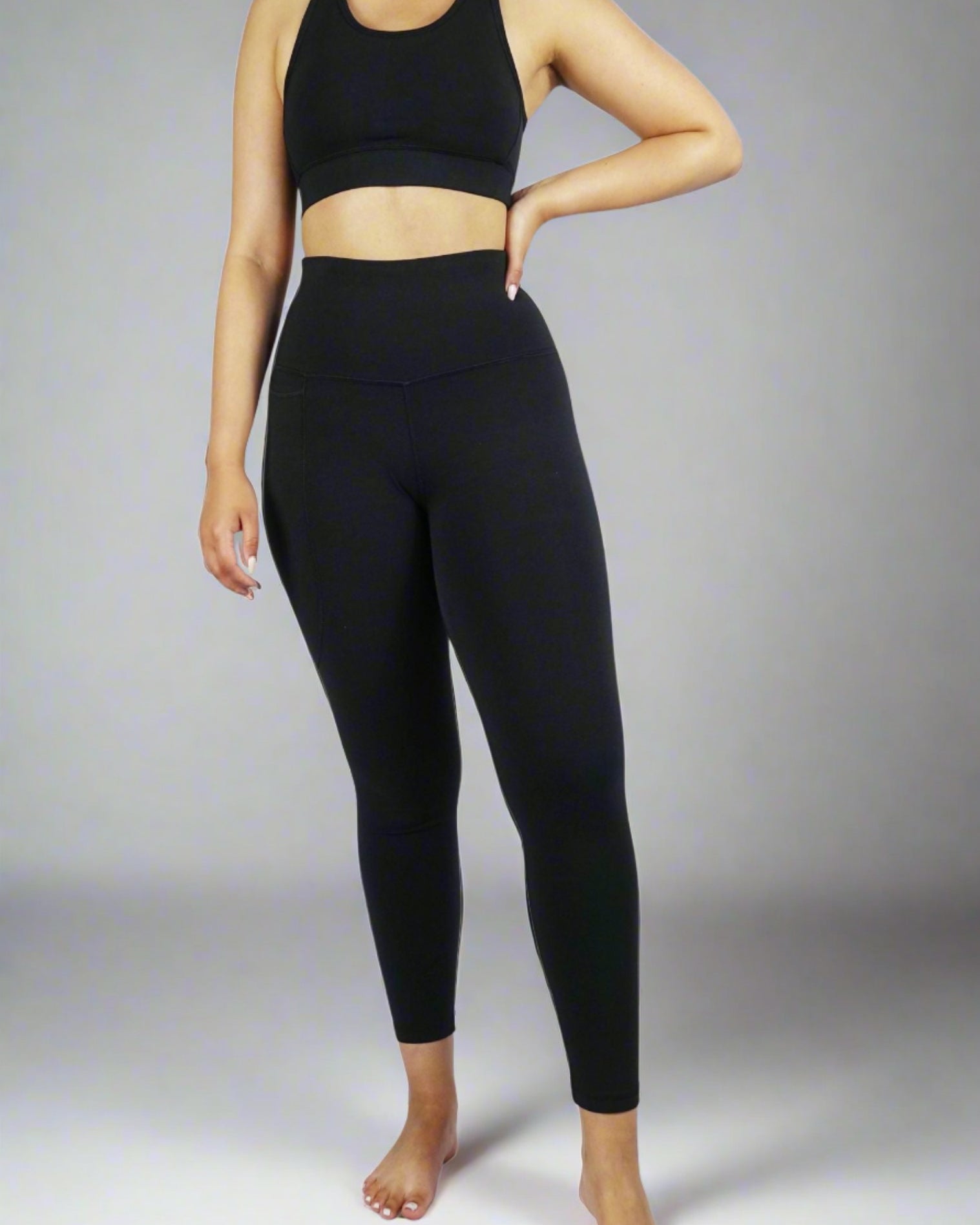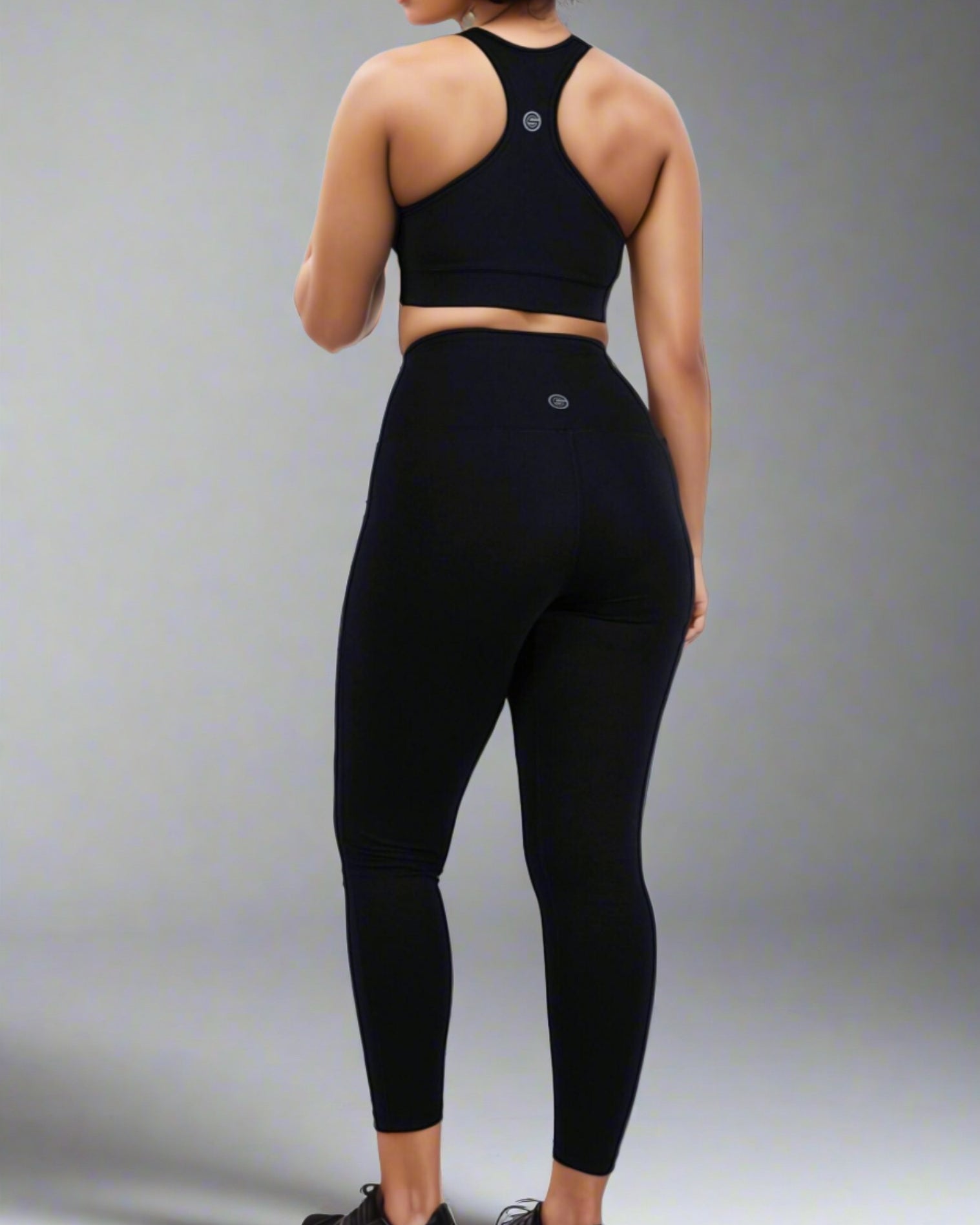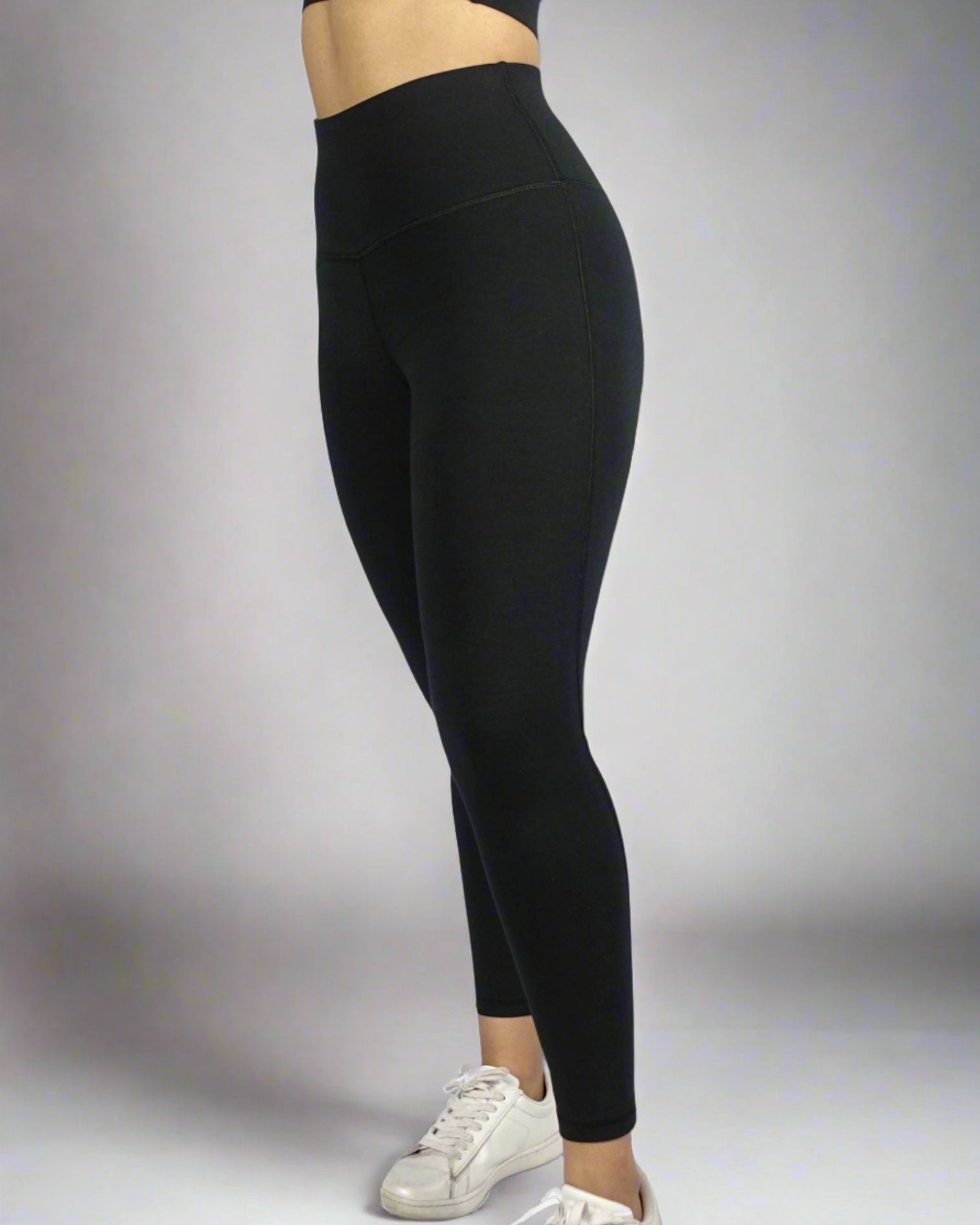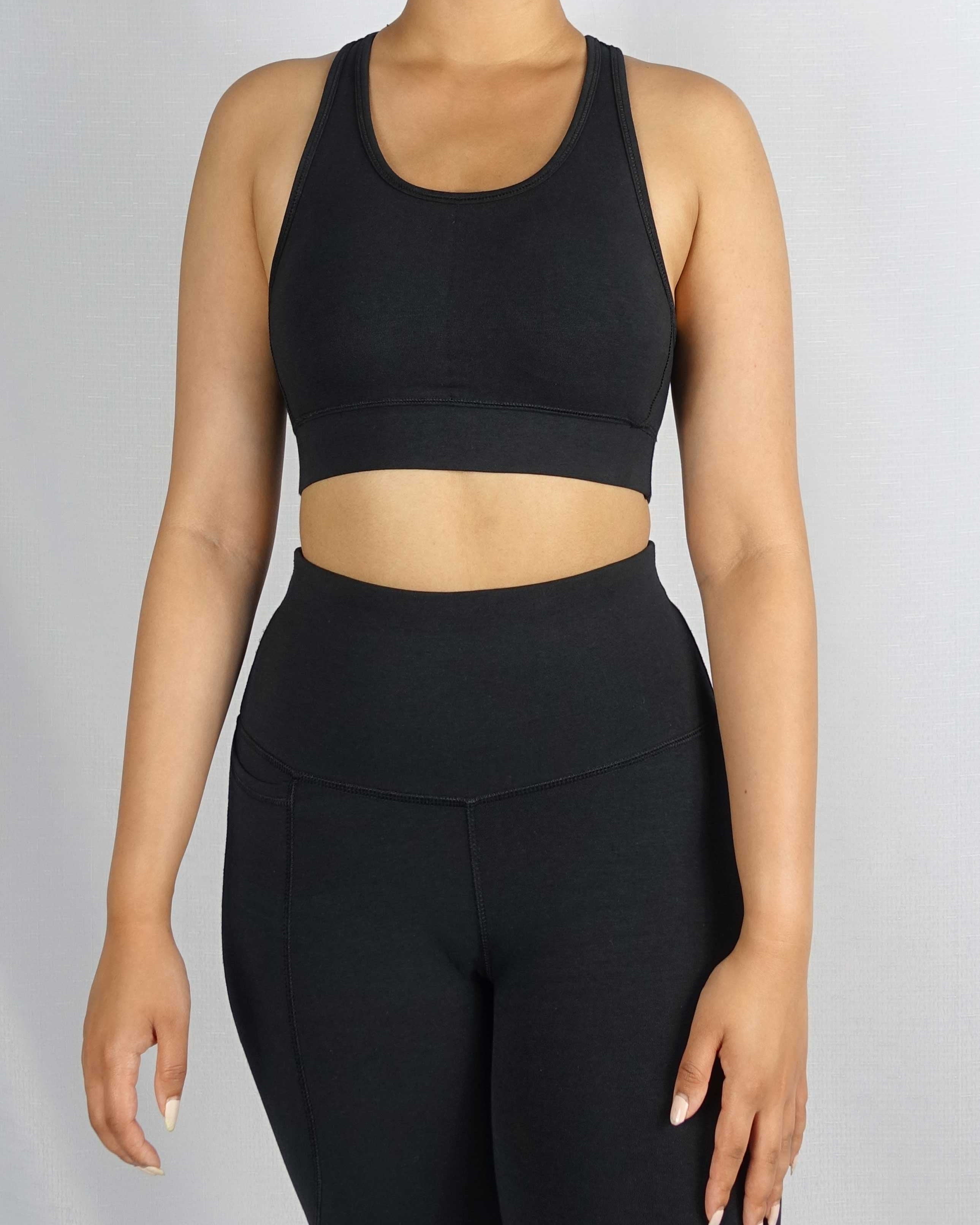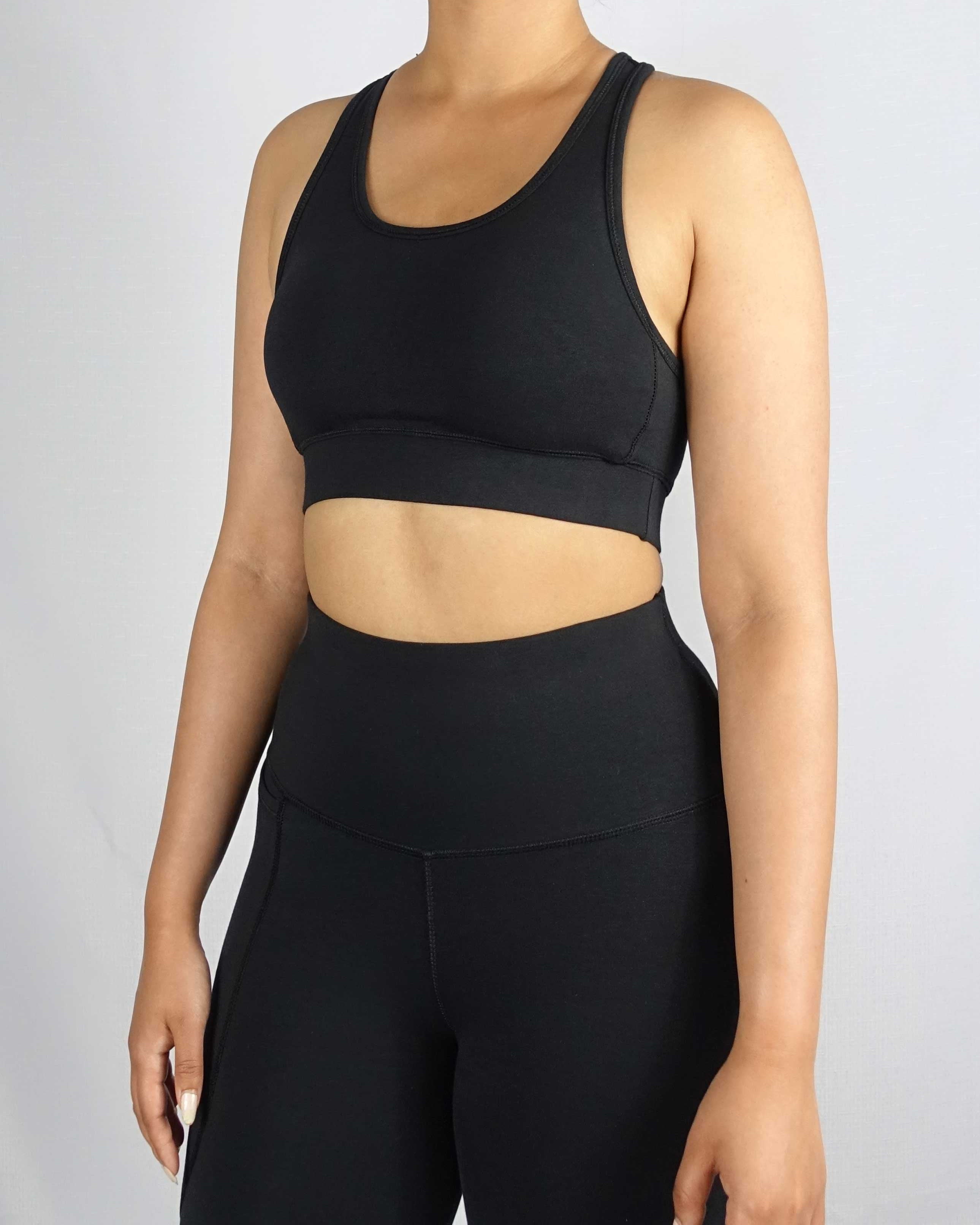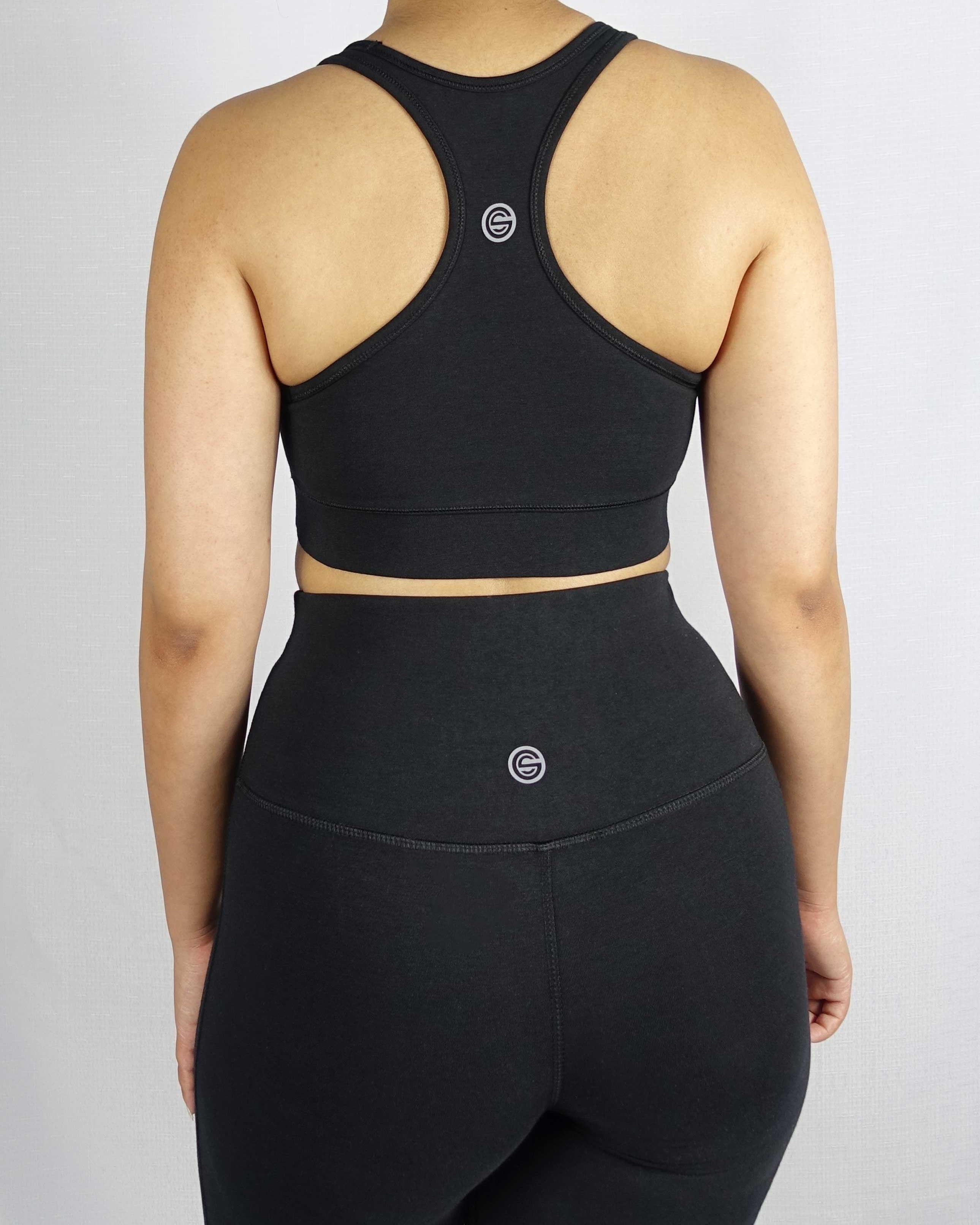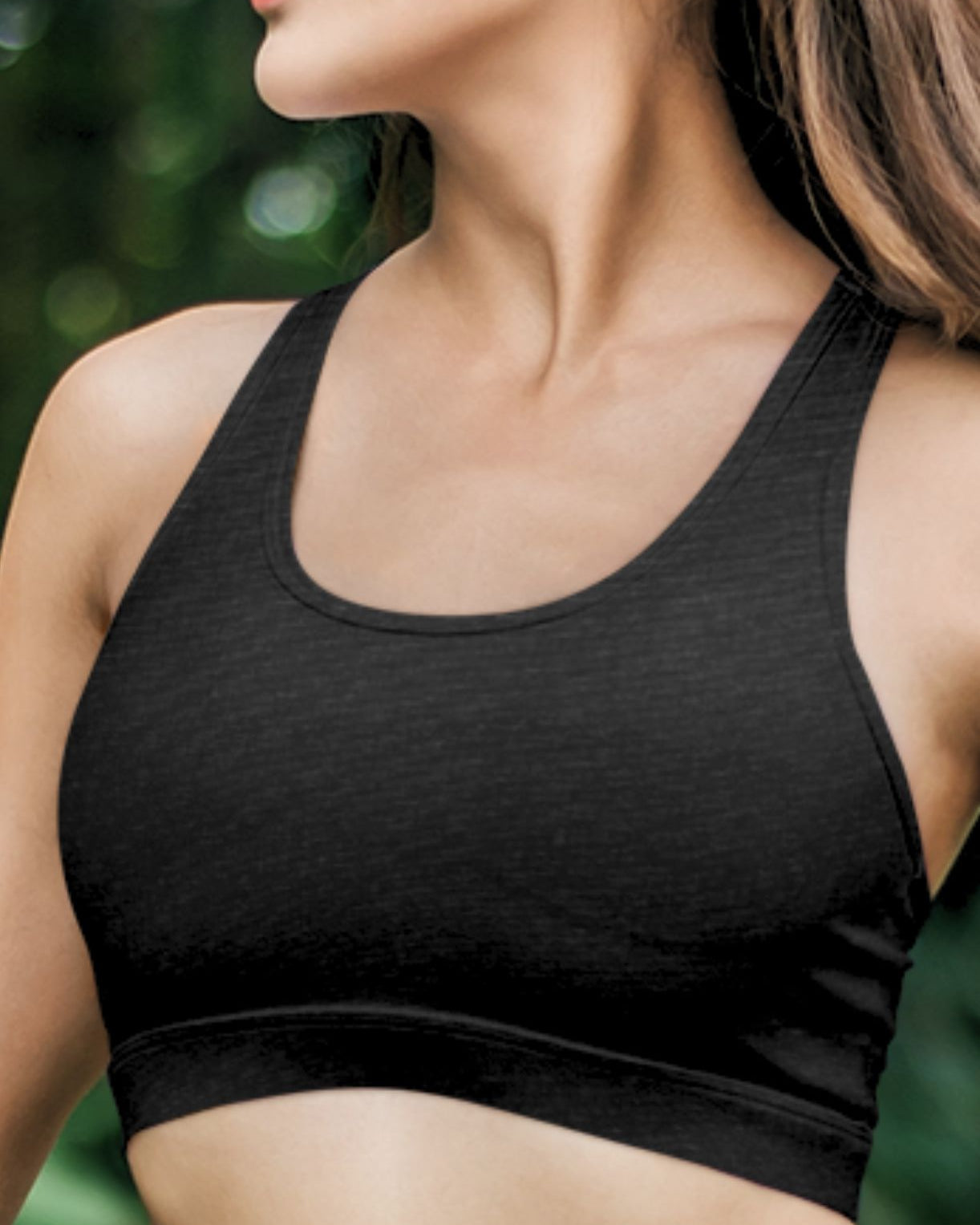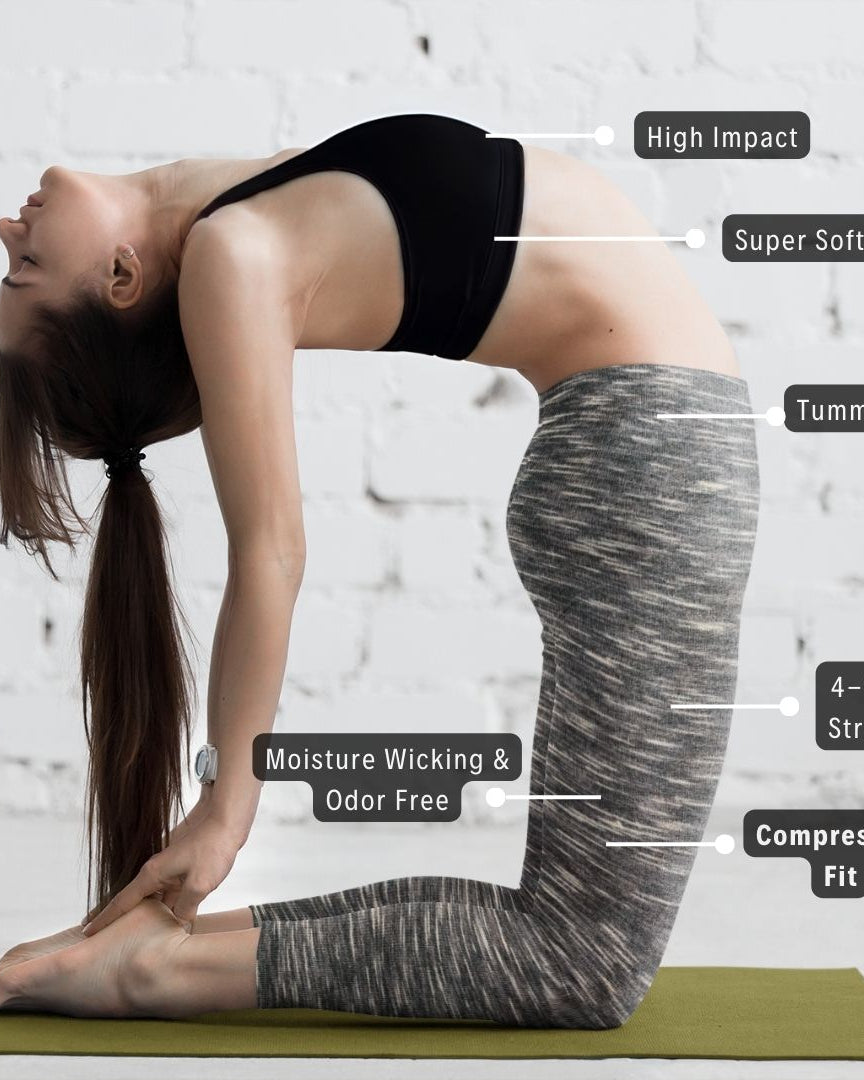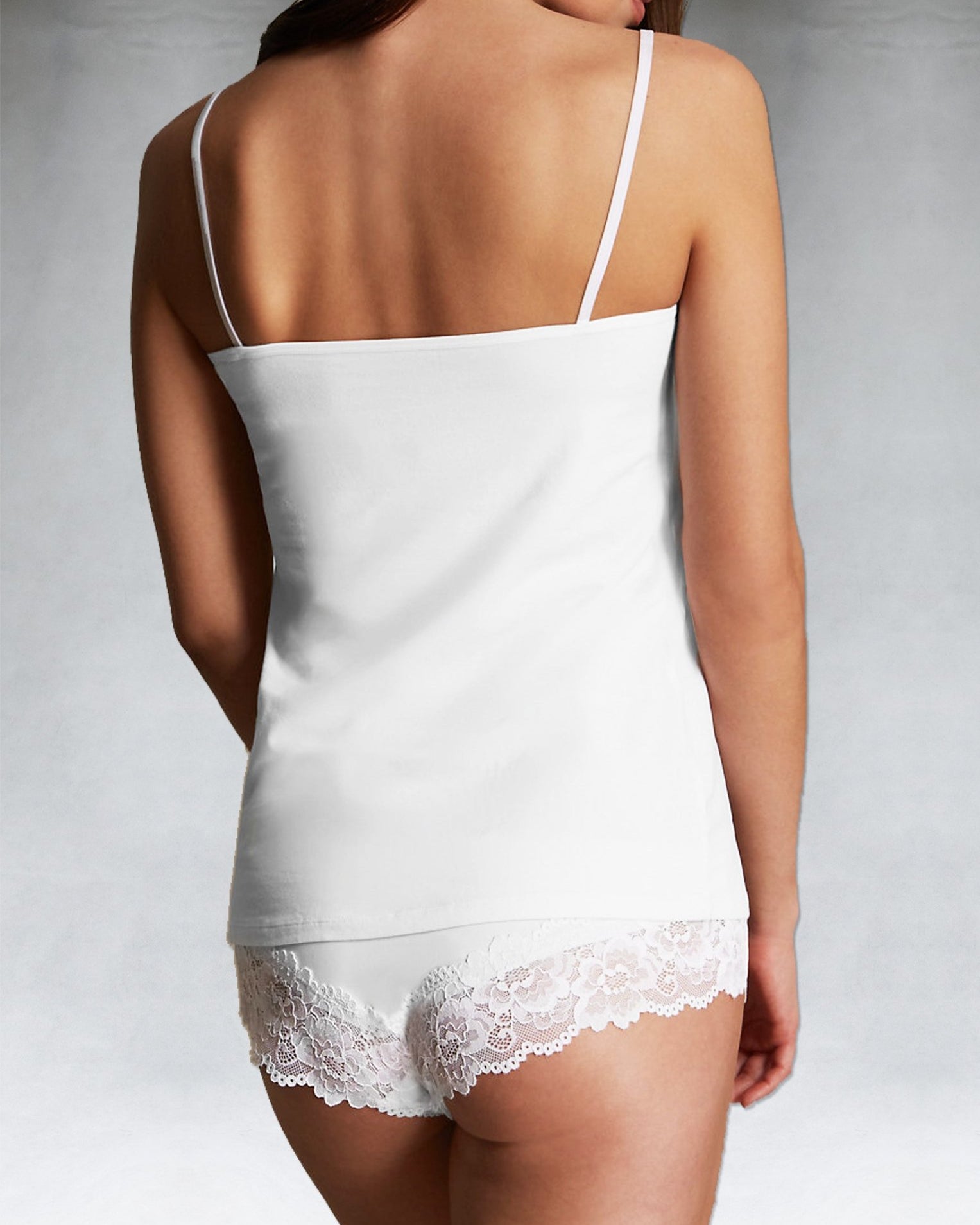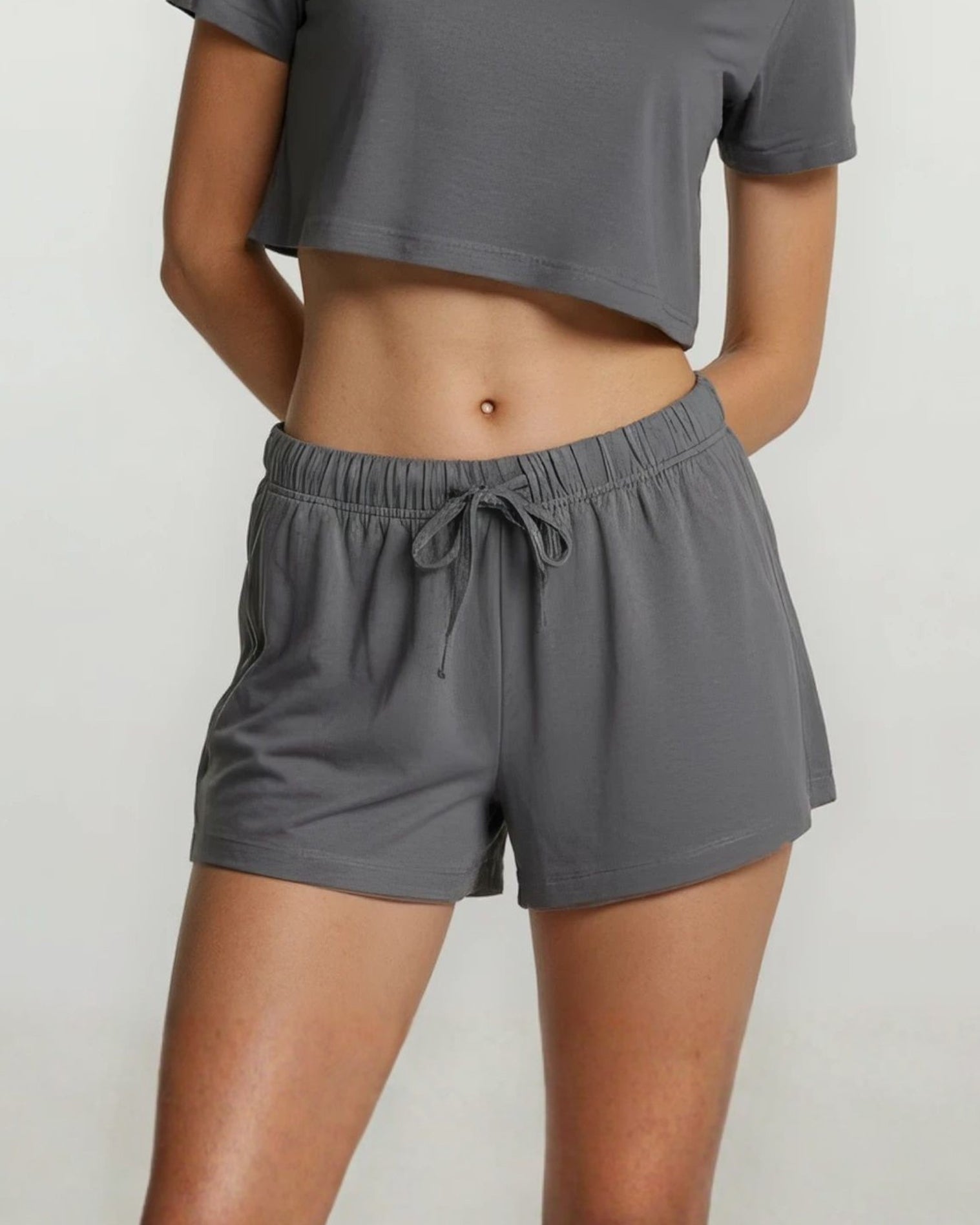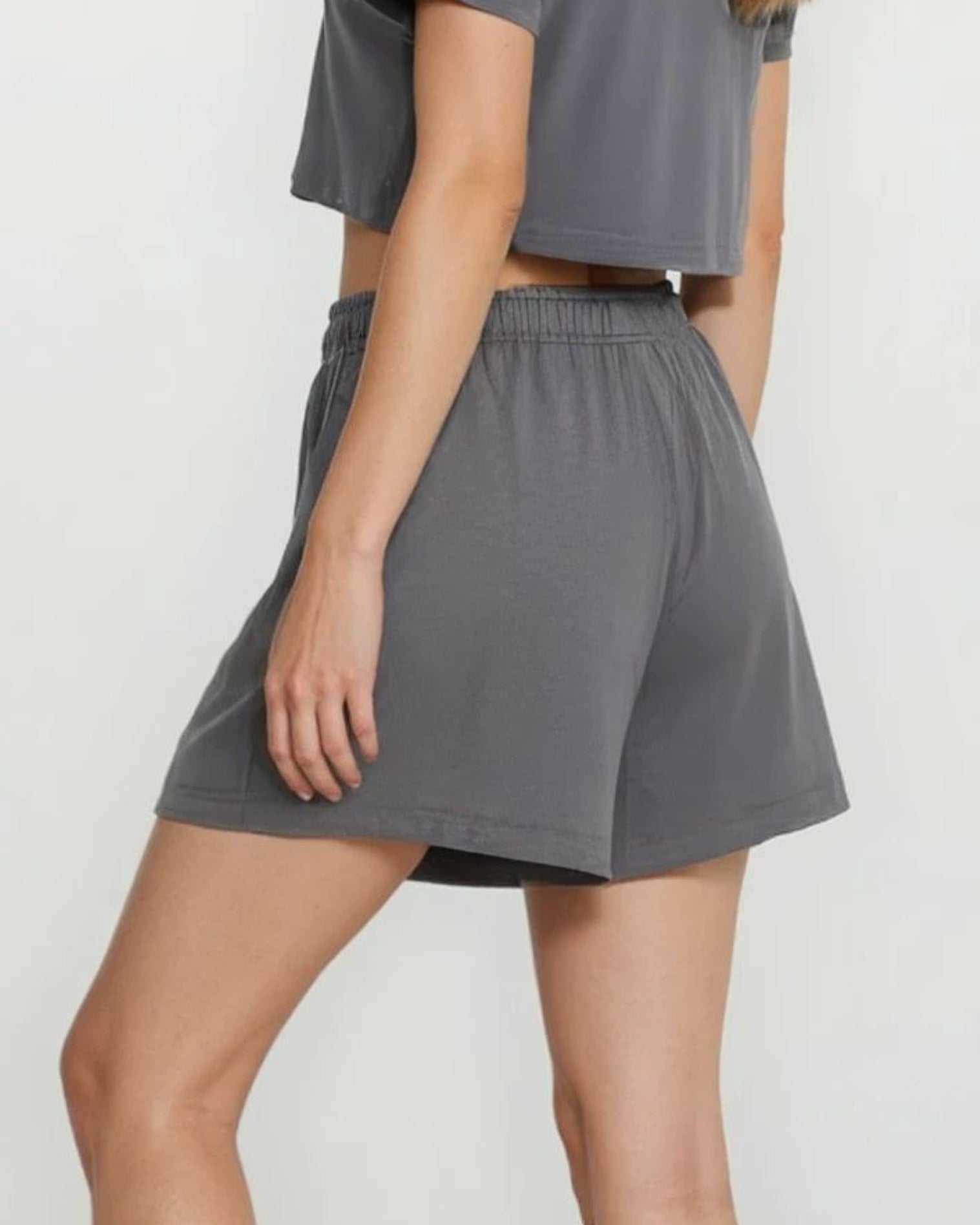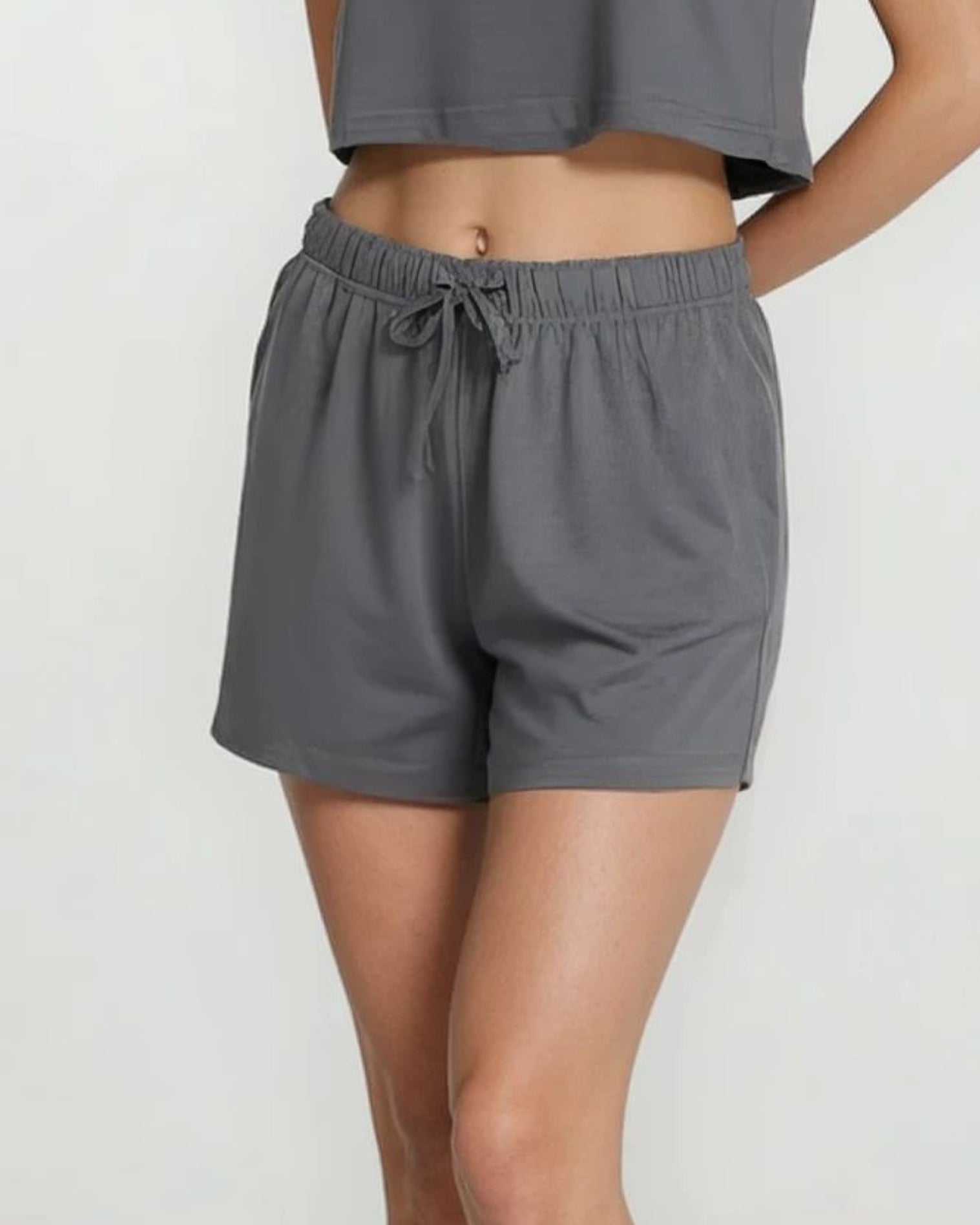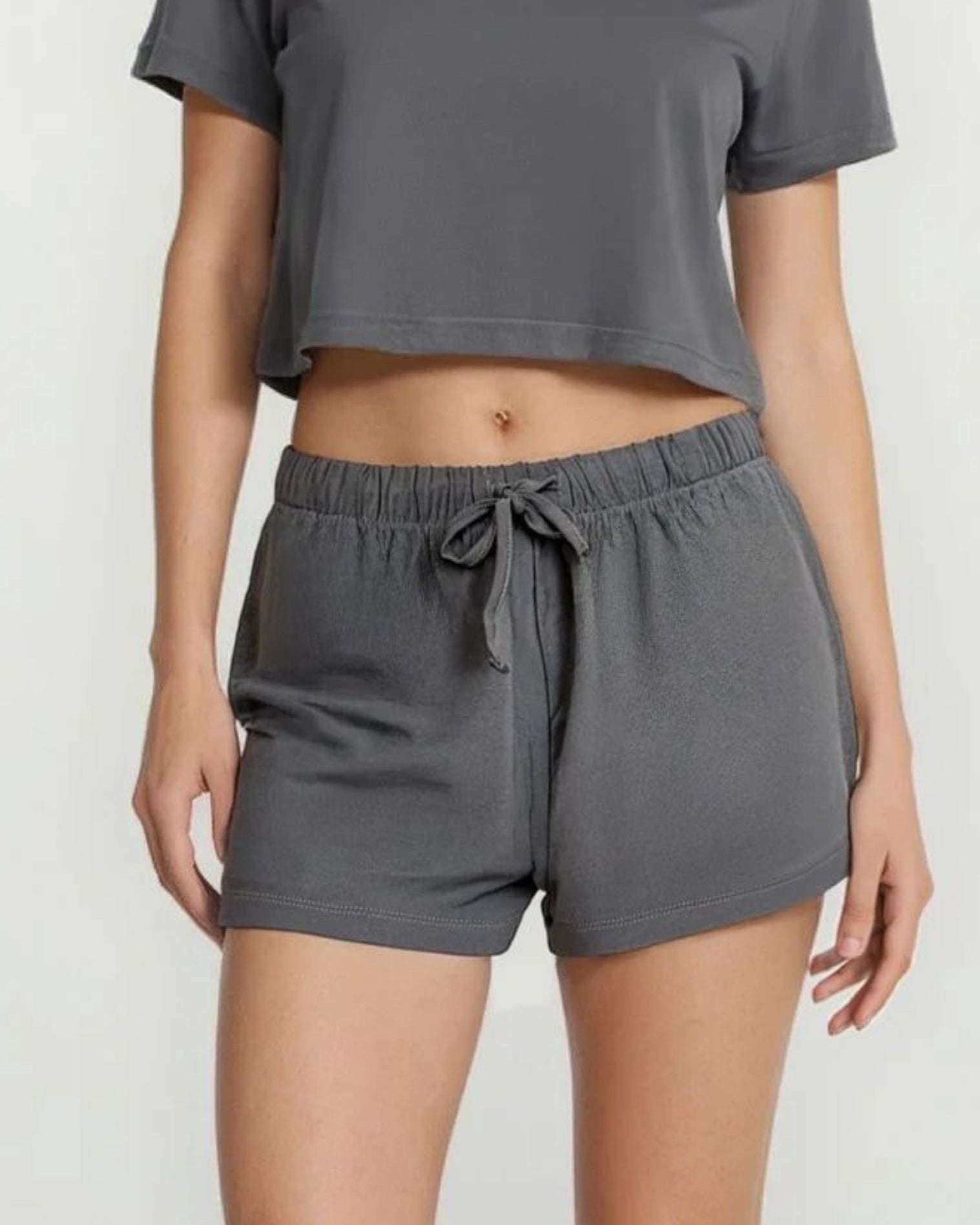On average, Australians use 130 kg of plastic per person each year. Only 9% of these are recycled.
Plastic bags are one of the most common pieces of plastic waste found on beaches.
We Australians are beachmongers and our love for water and sunshine surpasses all others! If you've visited the beach, you know that plastic bags (especially in their smaller incarnation as sandwich bags) are some of the most common pieces of trash found on beaches. And if you haven't been to the beach recently, chances are you see them all over your hometown or city. They're everywhere! But plastic bags are only one part of the larger problem: plastics in general are a major source of pollution — in fact, they make up 90 percent of all trash floating in our oceans.
Plastic Free July is an international event that aims to raise awareness about single-use plastics and encourages people to reduce their plastic waste.
The goal of the challenge is to use less plastic, especially single-use items like straws, shopping bags and disposable coffee cups. The challenge runs from 1 July through 31 July each year, but you can also choose your own start date.
Plastic Free July has become popular internationally with over 3 million participants in 2019 compared with 750 000 in 2013 when it started in Australia.
Plastic never goes away. It's not biodegradable, instead, it breaks down into smaller and smaller pieces called microplastics, which eventually end up inside fish and other animals we eat. That's right: every time we buy something wrapped in plastic or drink out of a plastic bottle, there's a chance we're ingesting microscopic bits of it ourselves. Plastic bags can also pose an immediate danger to animals who try to eat them (they get stuck in their digestive systems), or even smother them if they get tangled up underwater. Making plastic is bad for the environment too: it requires crude oil to be extracted from the earth and refined into virgin polymers (i.e., brand new pieces of plastic), which is very expensive—not only for us but for our planet as well!
What Can We Do?
In order to do our part and reduce our plastic waste consumption, we've rounded up a few tips to help you reduce plastic waste and start a more eco-friendly lifestyle today!
We know it might be hard to do all of these, so pick one or two to do for this week and add another one on for the following week. Baby steps - but it all adds up.

REUSABLE BAGS
An easy one to do on a day-to-day basis. If you are going out shopping, consciously remind yourself to pack a few reusable bags you already have at home so you don't have to purchase plastic bags at the store. A hot tip? Stack a few reusable bags in your car boot so it's there when you're in a rush and forget to pack bags! One or two in your handbag or pocket helps too.
REUSABLE STRAWS
There is no denying the detrimental effect of plastic on our planet. Apart from causing harm to humans, it also affects marine life and wild animals.
Plastic straws are one of the major causes of pollution in oceans. According to a research conducted by Sustainability Victoria, Australians use 10 million straws per day! These non-recyclable plastics can be seen everywhere; lying around in our backyards or floating aimlessly in water bodies, such as lakes and rivers.
These plastics are very harmful for aquatic animals like sea turtles because they often mistake these pieces for food which causes them to choke or get injured due to internal damage caused by sharp edges. This leads us to wonder how we can help prevent all this unnecessary damage being done to our ecosystem?
SUPPORT PLASTIC-FREE BRANDS
We love supporting brands who use compostable/eco-materials for their packaging. P.S we use compostable packaging!
BAMBOO TOOTHBRUSH
Bamboo toothbrushes are a great way to become more eco-conscious with your daily routine. They're better for the environment than plastic toothbrushes, as bamboo is a sustainable material that biodegrades easily (unlike plastic), and they're also inexpensive.
Several companies make bamboo toothbrushes, so you can do some research to find out which ones are best for you. And while they might be a little different from the classic plastic toothbrush at first, that's not necessarily a bad thing! If you choose to make the switch to bamboo, then congratulations: you'll be helping save the planet one brush at a time!
SHOP AT FARMERS' MARKETS
Farmers' markets are a great way to support your community and make purchases that result in the generation of less waste. Since you're purchasing directly from the farmer or artisan, you can avoid all the extra packaging that accompanies supermarket produce and goods. Even better, many farmers' markets allow shoppers to bring their own reusable bags!
However, some markets still use plastic or paper bags for produce and soaps. If this is the case at your market, don't fret! There are still ways to reduce waste. Ask vendors if they have any unpackaged items available — even if you have to buy a few extra apples or brown eggs in order to avoid taking one of those plastic produce bags home with you, it's worth it! And as always, feel free to bring as many reusable bags as possible with you when visiting farmers' markets. It only takes one person to make a difference.
BRING YOUR OWN KEEP CUPS
Do you often get coffee on your way to work? The amount of plastic coffee cups used in Australia is estimated to be 1 billion disposable coffee cups each year. Up to 90% of all disposable cups end up in landfills which equates to about 60,000 kilograms of plastic waste per annum. We can all do our part and bring our own reusable travel cups to reduce plastic waste. As a bonus, most coffee shops now offer a discount when you bring in your own cup, and while they probably have some reusable options for sale - there are also plenty of fun designs available online!
Want to start right now? We sell eco-friendly activewear. We also package them up in our compostable bags. Better for you, better for the planet. Most importantly, we believe in a sustainable community and being part of us makes you part of the Active by GS family!
Have more queries? Email us at hello@activebygs.com
References
Bering, J. and Karasik, R., 2022. Plastic Pollution Policy Country Profile: Australia. NI PB, pp.22-02.

